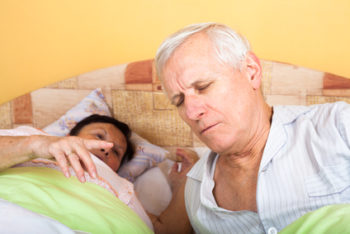
Cancer treatment can be very hard on your body, especially if you’re undergoing intensive chemotherapy or taking medicine with extreme side effects. Many times, cancer patients will go through a dramatic loss of appetite, which can make keeping your body healthy even more difficult if you don’t have the strength to eat, or keep down, a minimal amount of food.
Cancer Treatment Tips for Meals
Many of these tips work well for anyone who is ill, not just cancer patients, but it’s especially important for you to stay strong during your treatment.
- Eat smaller meals – Smaller meals are more likely to stay down and it doesn’t take as much strength to eat them.
- Eat what you like – If you’re going to be eating less, stick to foods you like since it can make it worse if you force yourself to eat foods you don’t enjoy.
- Salty foods are healthy – The extra salt content of some foods, especially saltine crackers, tend to improve water retention, which can be an issue if you have other side effects such as diarrhea.
- Avoid spicy foods – These types of foods are harder to digest, especially when you’re undergoing cancer treatment. A little bit of chili powder may be OK, but you may want to cut the jalapenos out of your diet.
Our team at Issels® is committed to giving you the best possible outlook for your cancer diagnosis. We customize non-toxic treatment plans to best fit every individual. Give us a call at 1-888-447-7357, or visit us at Issels.com, to find out more about how we can help you fight your cancer with advanced immunotherapy techniques.





